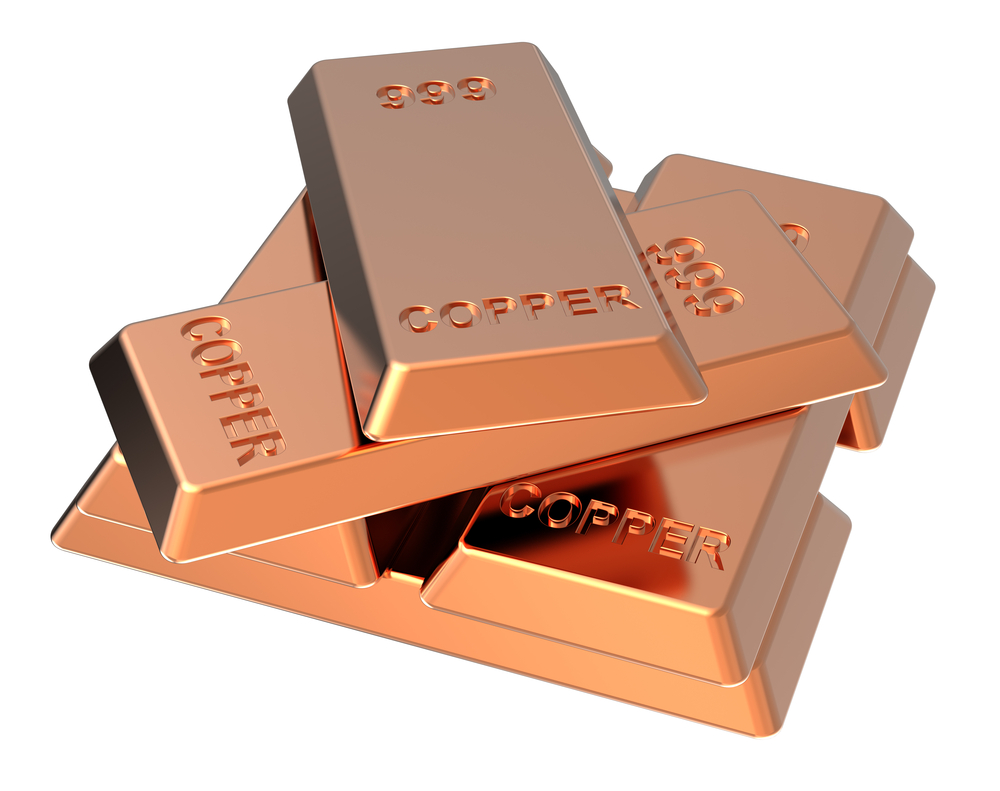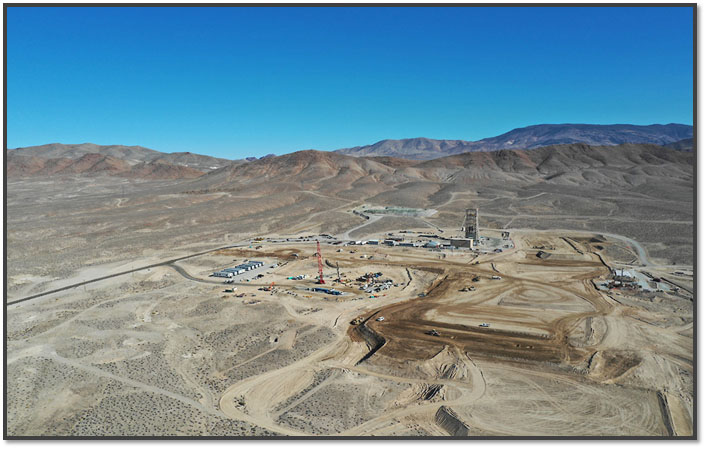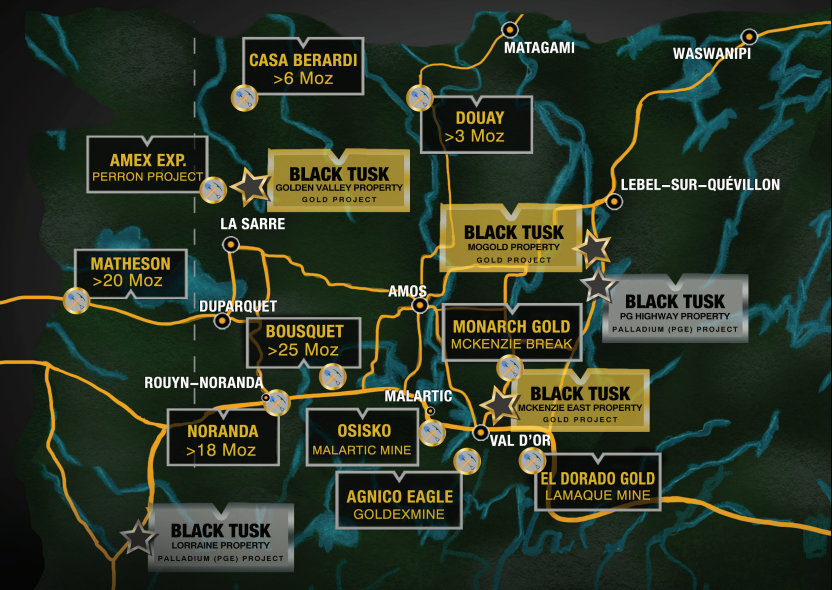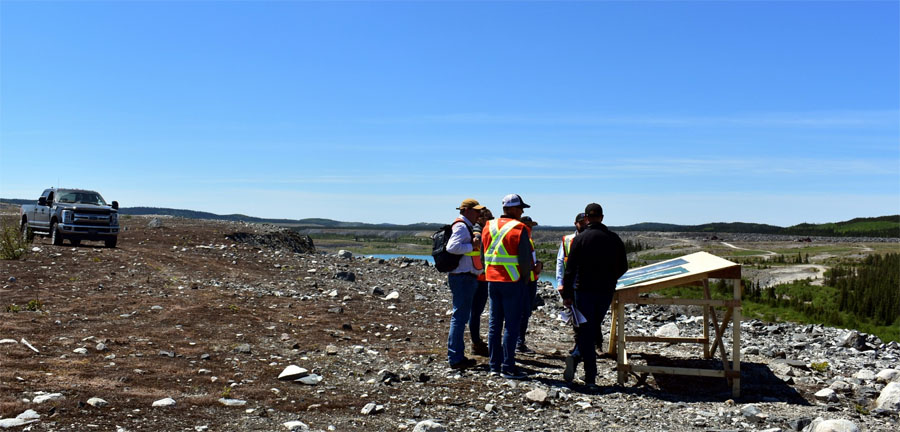Wisconsin Gov. Scott Walker said Thursday he will sign Senate Bill One, which sets the wheels in motion to bring back iron ore mining to the Badger State.
After a lengthy nine-and-a-half hour debate during which Assembly Democrats unsuccessfully tried to amend the measure, the Republican-controlled Assembly pushed the Wisconsin Mining bill through the Wisconsin Legislature on a 58-39 party-line vote.
Walker is expected to sign the bill into law early next week. "On behalf of the unemployed skilled workers in our state who will benefit from the thousands of mining-related jobs over the next few years, I say Ďthank you,'" the governor said in a statement.
Republicans first introduced a broad-based mining law bill that would have overhauled the state's mining regulations in late 2011, in order to accommodate Gogebic Taconite's demand for permitting reform before the company would build a $1.5 billion iron ore mine in Northwest Wisconsin. The measure died in the State Senate on a single vote, and Gogebic announced it would leave Wisconsin.
However, Governor Walker campaigned to change the law and bring the project back to Wisconsin. In his State of the State Address in January, Walker observed, "One of the best ways we can show the people of Wisconsin that their state government is focused on jobs is to pass a bill that streamlines the process for safe and environmentally sound mining."
Legislative Democrats had argued the bill was a corporate giveaway and that legal challenges will tie up the iron ore project for years.
Gogebic Taconite's iron ore mine will be one of the largest in North America. The company claims the project will create 700 mining jobs, 3,000 construction jobs, and $604 million annually in total economic benefits. Privately owned Cline Resources is the parent company of Gogebic Taconite.
The revised bill approved by the Wisconsin Legislature specifies a minimum 365-day pre-application period in which relevant data concerning a mining project is collected and processed in close consultation with the state's Department of Natural Resources. State environmental officials now have up to 480 days to make a permitting decision.
The public and so-called citizen lawsuits can't challenge a DNR permit decision until after it is made.
A mining company's permit applications fees would be capped at $2 million plus DNR mapping expenses. Taxes on mining revenues would be split 60-40 between local government and the state.
The legislation also permits one 60-day extension during the mine permitting approval process. DNR and the U.S. Army Corps of Engineering will jointly prepare environmental impacts statements for the iron ore projects. The new legislation permits mining companies to fill some wetlands and lakes smaller than two acres, as well as some streams.
In a column published hours before the final debate on the bill in the Wisconsin Assembly, Al Gedicks, executive secretary of Wisconsin Resources Protection Council declared, "The highly unpopular iron mine giveaway bill is not only a major rollback of environmentally protective mining laws, it is a well-funded mining industry assault on the grass-roots environmental, spot fishing and tribal movement that mobilized tens of thousands of Wisconsin citizens to oppose Exxon's destructive Crandon mine at the headwaters of the Wolf River and enact Wisconsin's landmark ĎProve It First' Mining Moratorium Law in 1998."
"Veterans of the Crandon mine battle were among those who mobilized public opinion against Gogebic Taconite's proposal for a giant open-pit mine in the headwaters of the Bad River watershed adjacent to the sacred wild rice beds of the Bad River Ojibwe on the shore of Lake Superior," he noted.
"The actions of the Wisconsin Legislature are being closely watched by environmental and indigenous rights groups nationally and internally. Wisconsin is a testing ground for how the mining industry will respond to organized resistance to projects that threaten the water that all life depends upon for survival."
"Passage of the iron mining bill will not stop the massive public uproar against this project," Gedricks warned. "It will simply shift the campaign from the legislature to other arenas where common sense conservation and Wisconsinites' fundamental right to know will prevail."
Dorothy Kosich,
Mineweb



























































